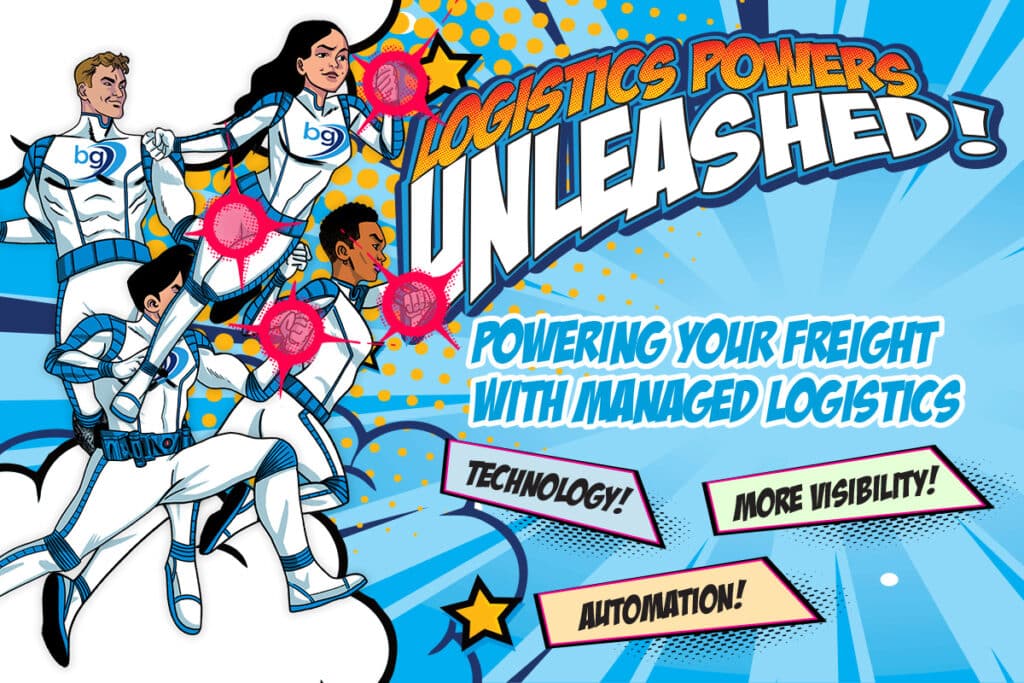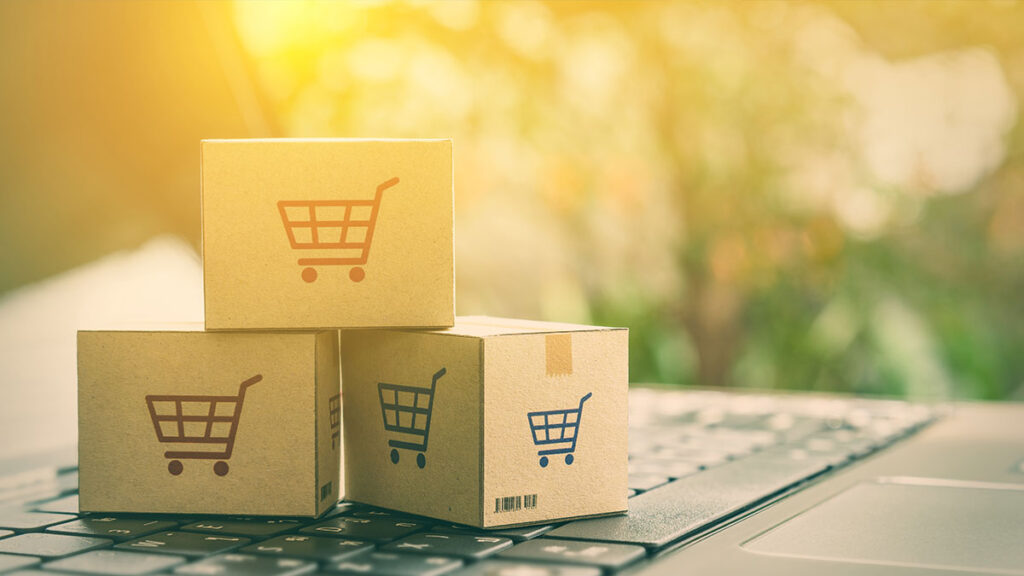
The growing strength of e-commerce has been putting a serious pressure on the transportation industry. As customer expectations are rapidly shifting towards the instant gratification of same day delivery, long haul trucking is shrinking by comparison. While some trucking companies are struggling to keep the pace with the changing market, others are shifting gears and switching their tactics. The game is changing for carriers and forwarders. It’s no longer about the journey but instead it’s all about the final mile.
It’s no longer about the journey but instead it’s all about the final mile.
So what exactly is the “last mile?” It’s pretty much just what it sounds like. Last mile deliveries are when the package makes the final leg of its journey straight to the customer’s preferred location. The caveat is that customer’s preferred location and item of choice are changing constantly. One day a customer might have a new keyboard delivered to their office, while the next day they might have some new workout equipment delivered to their home. In either instance, logistics providers, carriers, and freight forwarders need to find ways to get the package where it needs to go in the shortest amount of time possible.
Logistics providers, carriers, and freight forwarders need to find ways to get the package where it needs to go in the shortest amount of time possible.
The Short Stop Over the Long Haul
As the demands of e-commerce and last mile deliveries continue to grow, the trucking industry is at the precipice of change. The old way of distributing goods across the country by smaller fleets is fading. Instead of simply bringing goods to a DC or warehouse, trucking companies are starting to favor the short haul, multi-stop nature of last mile deliveries in response to the growing need of e-commerce companies. The industry is growing rapidly. According to the Census Bureau US E-Commerce Sales as Percent of Retail Sales is at a current level of 8.50%, up from 8.20% last quarter.
Instead of simply bringing goods to a DC or warehouse, trucking companies are starting to favor the short haul, multi-stop nature of last mile
Amazon alone is shaping up to control over 50% of the e-commerce market by 2021, with cause the demand for last mile deliveries to continue to grow exponentially. By switching modes of deliveries traditional long-haul companies are able to capture more of the e-commerce market share and for those that are perfecting their system, it’s making an incredible difference.
An Imperfect System
While last mile deliveries are certainly in vogue, they still leave something to be desired in terms of efficiency. For starters, the last mile isn’t something that has a set route or pattern. Instead, it’s constantly shifting and changing. While a package might be going to the same place, it could be coming from a different location, which can drastically alter the delivery time. Additionally, because the last mile of delivery is constantly changing, that also means that rates can vary rather drastically. This can create some difficulties when it comes to negotiations between both shippers and carriers alike.
Because the last mile of delivery is constantly changing, that also means that rates can vary rather drastically.
As if that wasn’t enough, there are other challenges that surround last mile deliveries. If a customer isn’t available at home to sign for a package, it could add to a backlog of deliveries. Package theft can increase shrink for shippers while lowering reliability ratings of carriers. Urban congestion and traffic can also cause some serious delays, making it that much harder to meet customer and consumer expectations alike.
Alternative Methods of Delivery
While there are still some issues to work out, many delivery companies are working on finding alternative methods for completing the last mile. Drones have been in the headlines for quite some time as a viable means of delivering packages and Amazon has been getting closer to their goal of a drone delivery fleet. Interestingly enough, the e-commerce giant has been taking a keen interest to geese of late. To better calibrate their drone systems to avoid collisions and other incidents, Amazon has been studying geese as a “non collaborative” control object or, simply put, something else to train their drones to avoid.
Amazon has been studying geese as a “non collaborative” control object or, simply put, something else to train their drones to avoid.
Aside from the drones, ground based delivery bots are also in the works, allowing deliveries to be made directly to a customer’s home via an autonomous system. These delivery bots are capable of navigating through residential areas via crosswalks and sidewalks. With deliveries made directly to a customer’s door step, it can expedite the last mile delivery process without necessarily cranking up the labor time.
However, there are other means of making the last mile that don’t rely on expensive assets like drones or delivery bots. Crowdsourcing apps are giving people looking to make a little extra money the chance to moonlight as a package handler.
“In 2015, venture capital investments in supply chain and logistics start-ups was more than four times higher than in 2014 ($1.2 billion versus $388 million),” said Andre Pharand, Andre Pharand, Accenture’s global management consulting lead for the postal and parcel industry. “Venture capital dollars invested in the same space in the first quarter of 2016 alone was $1.75 billion.Companies like UberRUSH for parcels, Postmates, Deliv and even Amazon Flex provide spot-market deliveries by independent drivers. The companies post delivery jobs on their apps to alert drivers to available gigs,” according to Supply Chain Dive.
Legacy Trucking Companies Beware
Legacy trucking companies who still think that e-commerce isn’t something to be concerned about are going to be in for a rude awakening. E-commerce is only continuing to grow and many brick and mortar are looking into omni-channel options in order to stay viable. Failing to adapt to this considerable disruption of the logistics industry will lead to considerable hardships in the future. Last mile deliveries are becoming the frontrunner for logistics focus as e-commerce continues to grow.
E-commerce is only continuing to grow and many brick and mortar are looking into omni-channel options




